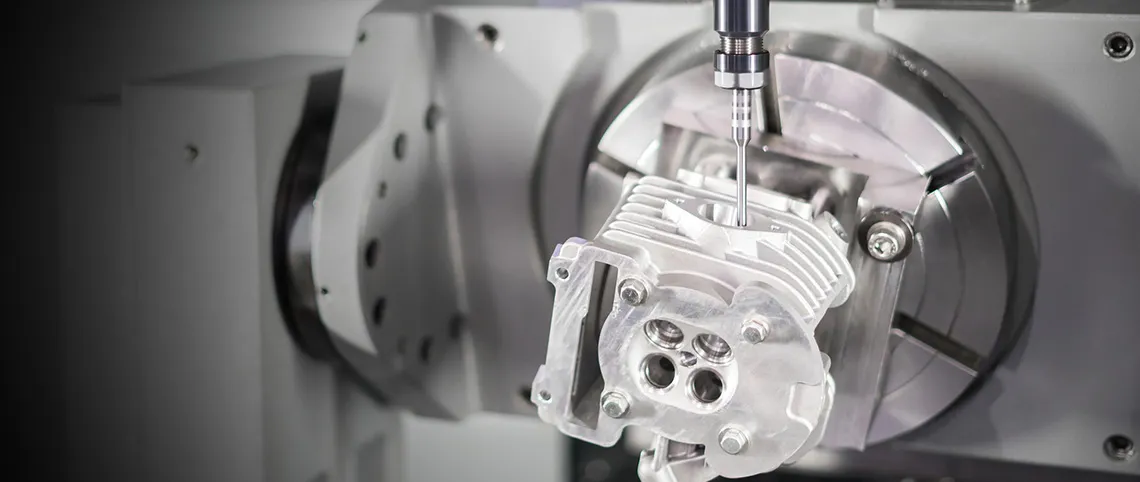Abe . 21, 2024 02:16 Back to list
bore gauge accuracy
Understanding Bore Gauge Accuracy Importance and Applications
Bore gauges are precision instruments used to measure the internal diameters of cylindrical objects, such as pipes, tubes, and engine cylinders. Accurate measurements are essential in various industries, including manufacturing, automotive, and aerospace, where even the slightest deviation can lead to catastrophic failures or diminished performance. This article elaborates on bore gauge accuracy, factors affecting it, and its significance in ensuring product quality.
Importance of Bore Gauge Accuracy
The primary purpose of a bore gauge is to provide precise measurements that help manufacturers verify the specifications of components during production. Accurate measurements are crucial for several reasons
1. Quality Assurance Bore gauges play a vital role in quality control processes. By ensuring that the internal diameter of a component meets design criteria, manufacturers can maintain consistent quality in their products.
2. Interchangeability Many components are designed to be interchangeable with others. Accurate measurements ensure compatibility, allowing parts to fit together seamlessly, which is particularly important in high-precision applications like engines and machinery.
3. Performance and Safety In sectors such as aerospace and automotive, the performance and safety of components depend greatly on their dimensions. For example, in engines, improper bore sizes can lead to poor combustion efficiency, increased emissions, and potential engine failure.
Factors Affecting Bore Gauge Accuracy
Several factors can affect the accuracy of bore gauge measurements
1. Calibration Regular calibration of a bore gauge is essential to ensure its accuracy. Calibrating the tool against standard reference gauges can help identify any deviations in measurements and permit corrections.
bore gauge accuracy

2. Operator Skill The experience and skill level of the operator using the bore gauge significantly influence measurement accuracy. Proper training in technique and handling is essential to minimize user-error.
3. Temperature Effects Changes in temperature can affect both the bore gauge and the material being measured. As temperatures vary, materials may expand or contract, leading to inaccuracies. It is critical to conduct measurements at controlled temperatures to achieve reliable results.
4. Gage Wear Over time, the measuring surfaces of bore gauges can wear down, leading to inaccuracies. Regular inspections and replacements of worn components are vital to maintaining gauge integrity.
5. Measuring Technique The method employed to take measurements can significantly impact accuracy. Techniques such as ensuring the gauge is properly positioned within the bore and applying consistent pressure are essential for obtaining reliable data.
Applications of Bore Gauges
Bore gauges are widely used in various industries, including
1. Manufacturing In the manufacture of mechanical components, bore gauges verify critical dimensions to ensure that parts will function correctly together.
2. Automotive Engine builders use bore gauges to measure cylinders for optimal piston fitting, preventing issues such as blow-by and oil leakage.
3. Aerospace Precise measurements in aerospace components are crucial as they often operate under demanding conditions and must adhere to strict safety standards.
In conclusion, bore gauge accuracy is fundamental for achieving high-quality components across various industries. Ensuring that measuring instruments are well-maintained, calibrated, and operated correctly can significantly enhance manufacturing processes and product reliability. Ultimately, the reliance on accurate bore measurement promotes safety, efficiency, and performance in critical applications. As technologies evolve, the development of more sophisticated bore gauges continues to improve measurement accuracy, thereby meeting the increasing demands of modern industries.
-
Why Metric Trapezoidal Thread is Ideal for Precision Motion ControlNewsAug.05,2025
-
The Unique Properties of a Block of Granite for Industrial UseNewsAug.05,2025
-
The Role of Flanged Y Strainers in Preventing Pipeline ClogsNewsAug.05,2025
-
The Importance of Regular Calibration for Master Ring GagesNewsAug.05,2025
-
How a Cast Iron Surface Table Enhances Accuracy in ManufacturingNewsAug.05,2025
-
Comparing Different Check Valve Types for Optimal Flow ControlNewsAug.05,2025
Related PRODUCTS









